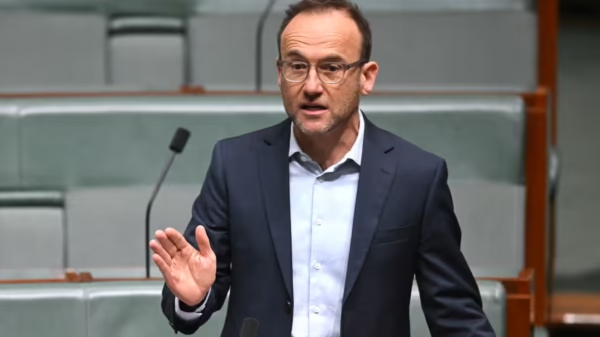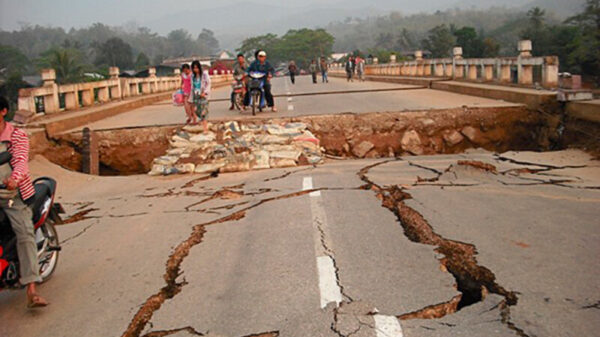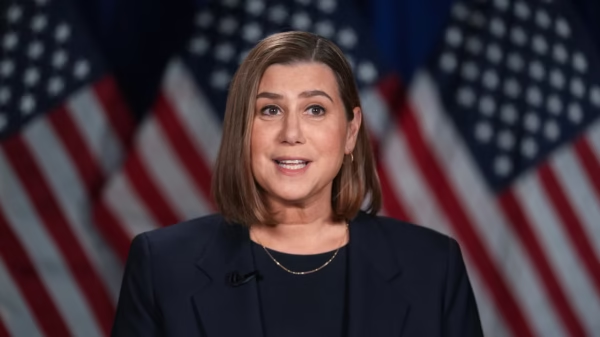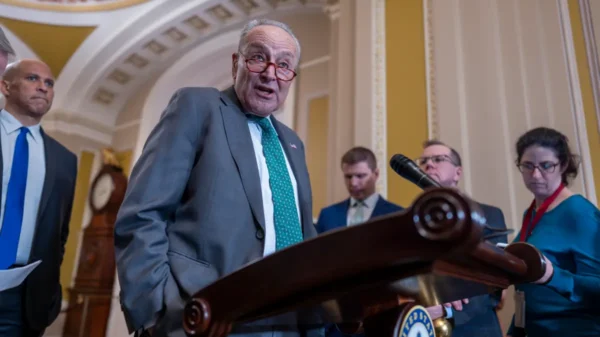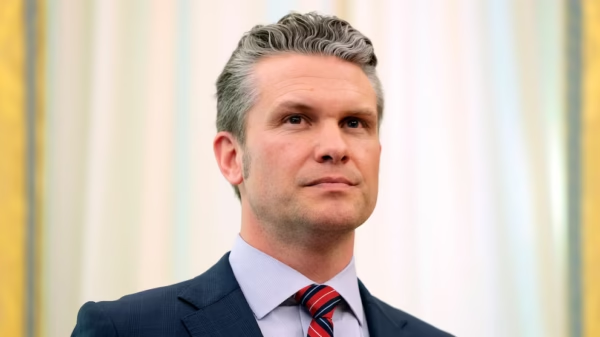Australian Greens Propose 1% Budget Allocation for Environment
Bold Environmental Commitment Ahead of Election
In the lead-up to the 2025 federal election, the Australian Greens have unveiled a major policy proposal to allocate 1% of the national budget toward environmental initiatives. This move, amounting to an estimated $7.8 billion, reflects the party’s prioritization of climate action and ecological preservation.
1% Allocation Could Transform Environmental Policy
Under the proposal, the 1% allocation would fund a broad range of environmental programs. These include reforestation, biodiversity conservation, emissions reductions, renewable energy expansion, and support for climate-resilient infrastructure across the country.
$7.8 Billion Investment Targets Urgent Challenges
The proposed funding would directly tackle pressing environmental issues such as habitat loss, declining air and water quality, and rising emissions. Greens leader Adam Bandt stated the plan was designed to “confront the climate crisis with the scale and urgency it demands.”
Renewables and Conservation Take Center Stage
A significant portion of the funding would be directed toward expanding Australia’s renewable energy capacity. The plan includes subsidies for solar and wind power, grid modernization, and incentives for households and businesses to adopt cleaner technologies.
Jobs and Regional Development in Focus
The Greens emphasized that the plan would also generate thousands of jobs, particularly in regional communities. By investing in local environmental projects and clean energy infrastructure, the initiative aims to promote economic resilience alongside ecological sustainability.
Climate Advocacy Core to Party’s Campaign
Environmental advocacy has long been central to the Greens’ platform. This policy proposal is expected to serve as a pillar of their 2025 election campaign, positioning the party as the leading political voice for bold climate action.
Critics Question Feasibility and Budget Trade-Offs
Some critics have raised concerns about the practicality of dedicating 1% of the federal budget to environmental efforts. Questions have been posed about which sectors may face funding cuts, and whether the scale of the initiative is financially sustainable.
Greens Defend Economic Rationale
In response, Greens officials argue that climate inaction will ultimately prove far more costly. They cite studies showing that environmental degradation and climate-related disasters already impose billions in economic damages annually.
Public Support for Climate Spending Growing
Recent polling indicates growing public support for increased government spending on climate action and environmental protection. Younger voters, in particular, have expressed strong approval for large-scale investment in ecological programs.
Major Parties React Cautiously to Proposal
The ruling Labor Party has yet to formally respond to the Greens’ proposal, though sources suggest it is unlikely to match the 1% commitment. The Liberal-National Coalition has criticized the plan as excessive, warning it could divert funds from essential services.
Environmental Groups Welcome Ambitious Target
Environmental organizations and climate scientists have welcomed the Greens’ announcement. The Australian Conservation Foundation and Climate Council praised the proposal as “ambitious but necessary,” urging other parties to adopt similarly bold goals.
Legislative Hurdles Remain Significant
Even if the Greens gain traction in the upcoming election, implementing the policy would face hurdles in Parliament. Without a majority, the party would need to negotiate support from Labor or crossbench senators to advance any related legislation.
Part of a Broader Green New Deal Vision
The budget allocation is part of a broader “Green New Deal” framework the party has promoted. This vision seeks to overhaul Australia’s economy to achieve net-zero emissions while improving equity, public services, and long-term sustainability.
Plan Could Influence Broader Election Debate
Analysts believe the Greens’ proposal could pressure other parties to elevate environmental policy on the campaign agenda. Climate change is expected to be a central issue in the 2025 election, particularly among first-time voters and urban constituencies.
Conclusion: A Defining Pledge in a Critical Election Year
The Australian Greens’ call for a 1% budget allocation to the environment has injected momentum into the national climate conversation. As the country approaches the 2025 federal election, this bold pledge could shape both political debate and voter priorities in a year seen as pivotal for environmental policy and action.


